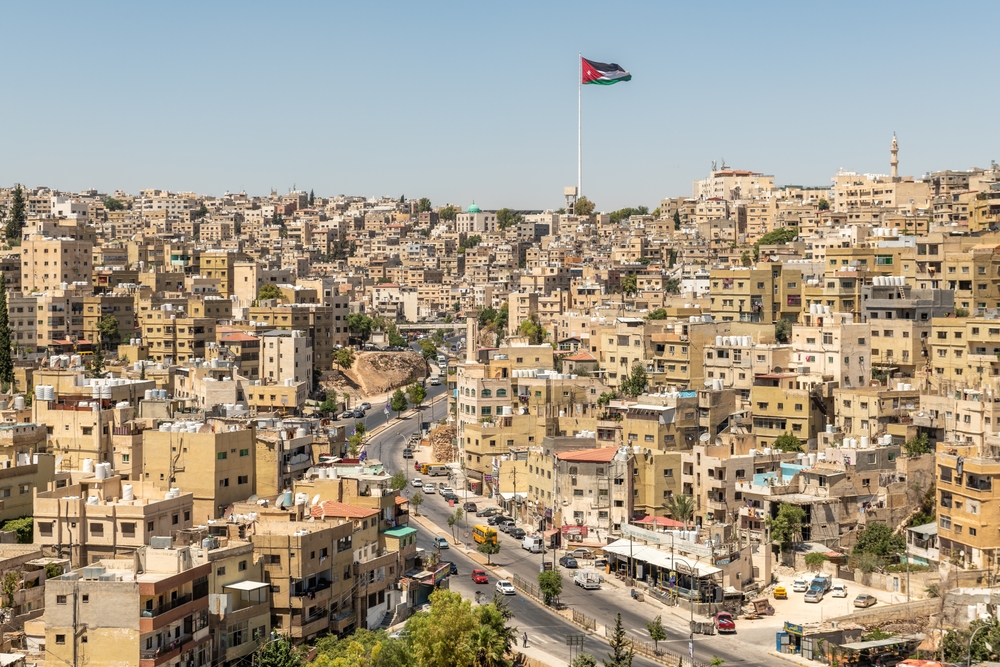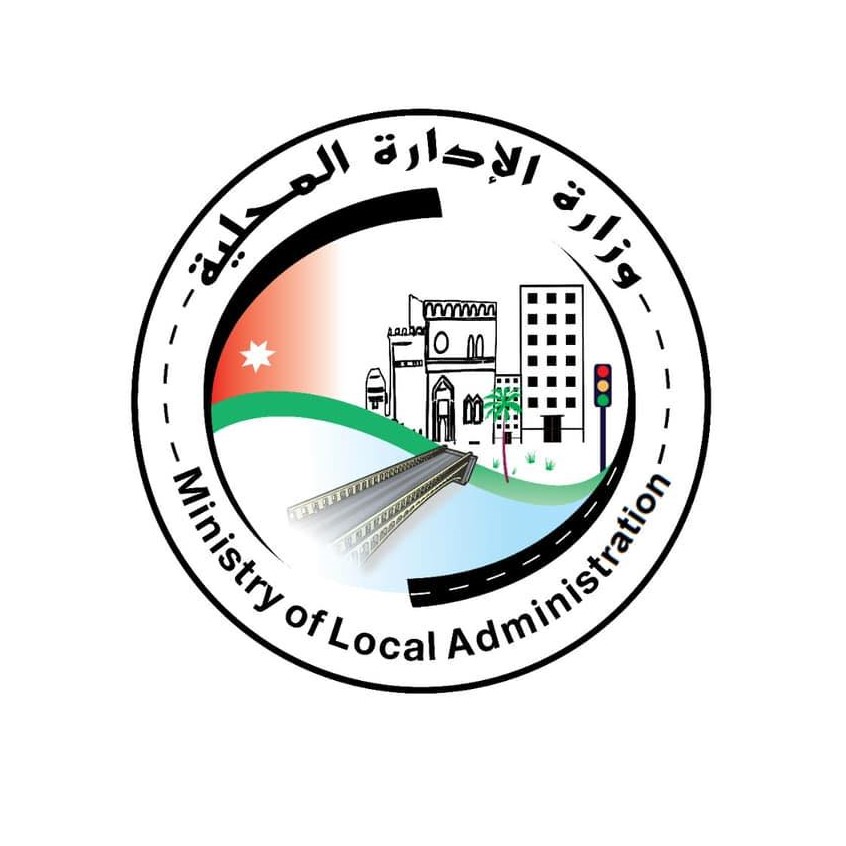Social and Economic Integration of Syrian Refugees in Host Communities in Jordan

Funded by IPA’s Peace and Recovery Program and in partnership with the World Bank and the Jordan Ministry of Local Administration, researchers conducted preparatory activities to inform an eventual impact evaluation of a public works program intended to foster refugee social and economic integration by facilitating cooperation.
Understanding how contact between different groups affects intergroup relations is crucial, especially in areas undergoing significant demographic changes. In Jordan, the labor-intensive public works (LIPW) program under the Municipal Services and Social Resilience Project (MSSRP) engages refugees and local residents in joint infrastructure projects. This cash-for-work program aims to enhance local amenities and foster positive interactions in municipalities that experienced a high influx of Syrian refugees.
In collaboration with the Jordan Ministry of Local Administration and the World Bank, researchers designed and assessed the feasibility of a full-scale randomized evaluation of the LIPW program under the MSSRP. To do this, researchers conducted an in-depth analysis of socioeconomic data on Syrian refugees and host populations within MSSRP communities, concentrating on local infrastructure and public services. They worked closely with implementing partners and MSSRP stakeholders to co-develop the LIPW components to eventually evaluate their impact on social cohesion outcomes.
After finalizing the intervention study design, researchers launched a subsequent ongoing randomized evaluation of the LIPW program and extended the study’s scope to additional cash-for-work projects in Jordan.
Implementing Partners














